Weeds are pesky little plants that can easily take over your garden if you’re not careful. But don’t worry, we’re here to help!
In this blog post, we will teach you how to organically kill weeds using simple and easy steps naturally. You won’t need any fancy tools or chemicals – just some patience and a bit of elbow grease. So let’s get started!
What is a weed killer, and why do we need it?
Weeds are simply unwanted plants that compete with your garden plants for space, water, and nutrients. They can quickly take over if left unchecked, so it’s vital to get rid of them as soon as you see them.
Weed control has been a problem for farmers and gardeners since the beginning. People used chemicals to kill weeds in the past, but this is no longer considered safe or effective.
Nowadays, many organic weed killers on the market are just as effective as their chemical counterparts.
There are many different types of organic products in the market now that effectively kill weeds. However, you can also make your own homemade weed killer using common household ingredients.
Some of the most common organic weed killers include:
– Vinegar
– Salt
– Borax
– Lemon juice
– Soap
These ingredients can be used alone or in combination with others to create an effective weed killer. Simply put all these together in a spray bottle, and you’re good to go!
Types of organic weed killers and their pros and cons
Now that we know what organic weed killers are let’s look at the different types and their pros and cons.
Vinegar
Pesky weeds got you down? No problem! Vinegar is a great organic weed killer that can be used on its own or with other ingredients. It’s also inexpensive and easy to find.
The acetic acid on vinegar will kill the weed on contact. However, it’s important to note that vinegar is a non-selective herbicide, meaning it will kill anything it comes in contact with – not just weeds.
So if you’re using vinegar to kill weeds, be careful not to spray any desirable plants by accident. You may also want to avoid spraying on windy days to prevent the vinegar from getting on other plants.
Dish Soap
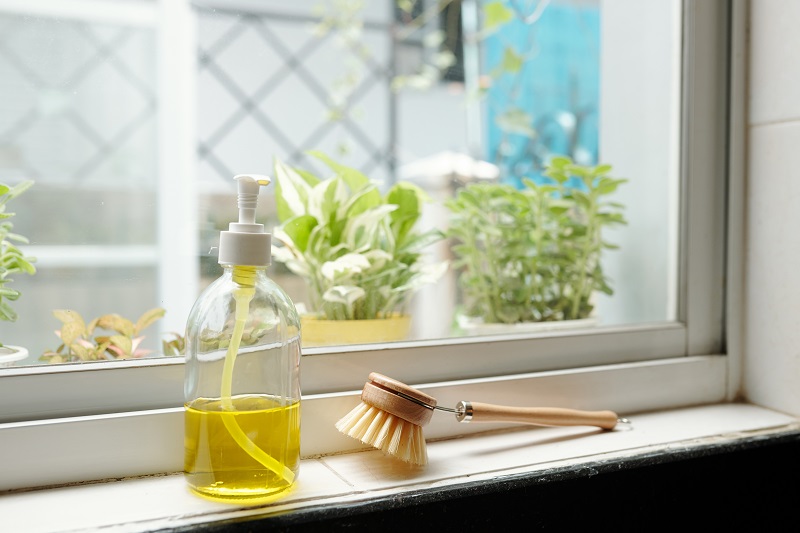
Your liquid dish soap can be a lethal DIY weed killer. It’s essential to use a dish soap that contains at least 60% active ingredients.
The dish soap will work by suffocating the weed and causing it to dry out. It’s important to note that this method will only work on small weeds or weed seeds that are young and actively growing.
More enormous, more established weeds will not be affected by this method.
Borax
Borax is a naturally-occurring mineral used as an organic weed killer. It works by inhibiting the growth of weeds and eventually killing them.
Borax is considered a “slow kill” herbicide, so it may take several weeks to see results. This method is best used on small, young weeds that are actively growing.
Older, larger weeds will not be affected by this method.
Borax is also considered a non-selective herbicide, so be careful not to spray any desirable plants.
Boiling water
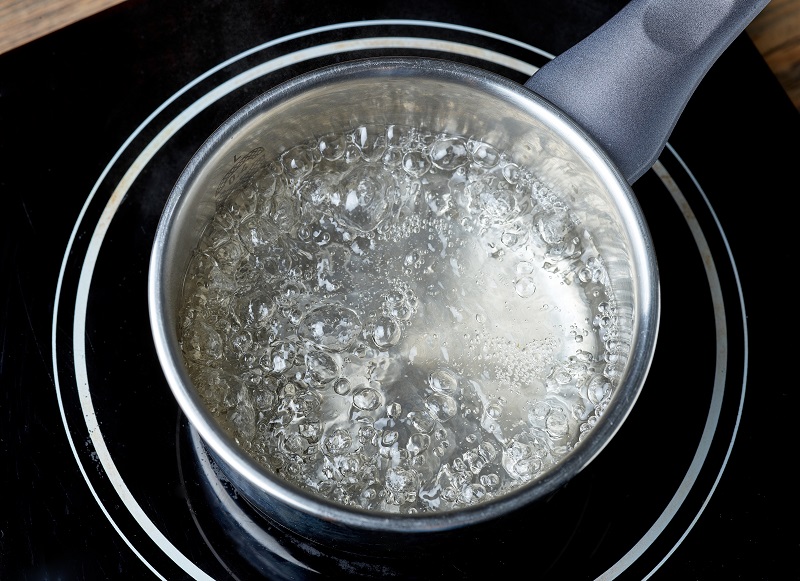
Weed growth can be stopped by boiling water and pouring it directly onto the weed. This is one of the easiest and fastest ways to kill weeds.
Make sure to put the boiling water in a kettle to avoid accidents. Be careful not to splash the boiling water on yourself or other plants.
Pouring boiling water kills weeds by scalding them. You can do this any time of the day, making it a very convenient method.
Corn gluten meal
Homemade weed killers can be made using corn gluten meal. It’s an organic by-product of the milling process, and it works by preventing weed seeds from germinating.
Weeds begin to die within two to three weeks after a corn gluten meal is applied. This method is best used in the spring before weeds can germinate.
It’s important to note that corn gluten meal will not kill existing weeds – only prevent new ones from growing. It’s also best to apply this during the dry season to prevent rain from washing it away.
Newspapers

You can use old newspapers to smother weeds and prevent them from growing. Simply lay a few sheets of newspaper over the weed-infested area and wet it down.
The newspapers will block the sunlight and prevent the weed seeds from germinating. This method is best used in combination with another way, such as mulching or landscape fabric.
Vegetable gardens with perennial weeds may require multiple applications of this method to achieve desired results.
Mulch
Mulching is a great way to kill weeds and prevent them from coming back organically. Mulch blocks out the sunlight and prevents weed seeds from germinating.
Organic mulches such as wood chips, straw, and leaves will decompose over time and add nutrients to the soil. Inorganic mulches such as landscape fabric and black plastic will last longer but need to be replaced eventually.
Mulching is best used in combination with another method, such as newspapers or landscape fabric.
It’s essential to apply a thick layer of mulch (at least two inches) to achieve desired results.
FAQs about organic weed killers
Pesky plants are such a pain, but luckily there are a few different ways you can organically kill weeds. Here are some answers to commonly asked questions about organic weed killers.
Do organic weed killers work?
Organic weed killers will work if used correctly. Be sure to research the best method for your needs and follow the instructions carefully.
What is the best organic weed killer?
There is no one-size-fits-all answer to this question. The best organic weed killer will depend on the type of weeds you have, the size of your weed problem, and your personal preferences.
Numerous homemade weed killer recipes can be found online. Try a few and see which one works best for you.
When should I use an organic weed killer?
The best time to use an organic weed killer is in the spring before weeds have a chance to germinate. However, some methods can be used any time of the year.
Why are traditional weed killers not recommended?
Aside from being bad for the environment, traditional weed killers can be harmful to humans and pets if misused. They can also kill desirable and nearby plants if you’re not careful.
Organic weed killers are a safer and more environmentally-friendly option.
Final Thoughts
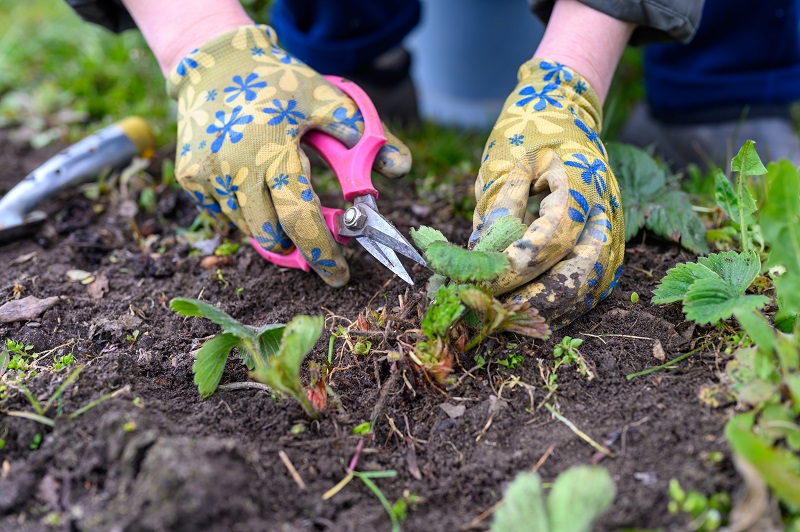
Weed control can be a difficult and time-consuming task, but keeping your garden or lawn free of these pesky plants is essential.
While there are many different ways to kill weeds organically, the best method will depend on the type of weeds you have, the size of your weed problem, and your personal preferences.
Research each method carefully and follow the instructions to ensure the best results. Feel free to experiment with different techniques until you find one that works best.
With a bit of patience and effort, you can organically kill weeds and have a beautiful, weed-free garden in no time!

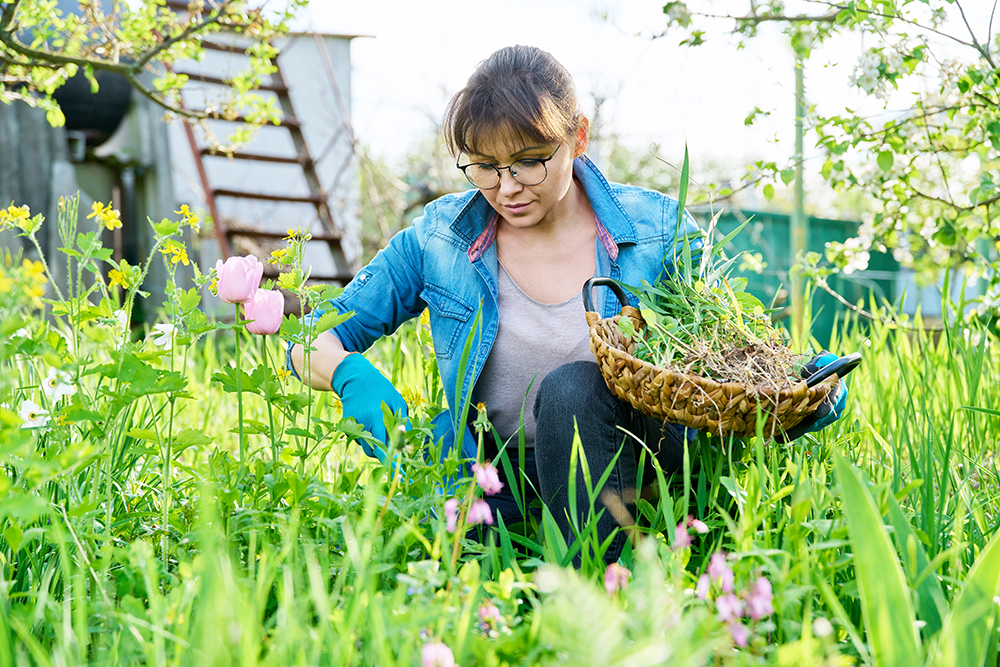
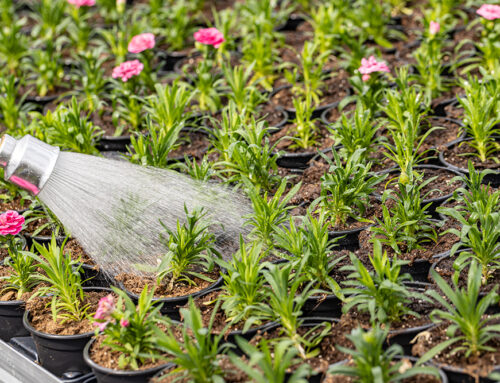


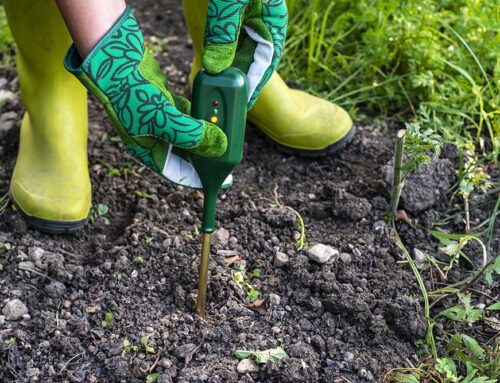

Leave A Comment